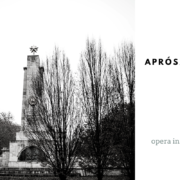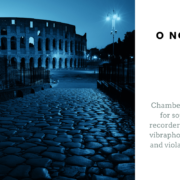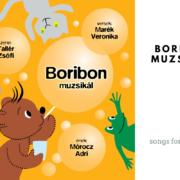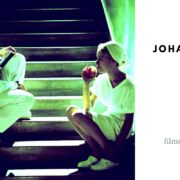King Matthias wandering
Original title: Mátyás király vándorúton
Opera for children in two acts
Libretto: Zsófia Tallér
Duration:
I. Act – approximately 35 min
II. Act – approximately 45 min
Roles:
- MÁTYÁS KIRÁLY, king – high baritone
- TIBRILLI, jester – tenor
- HORDÓ, fat monk – baritone
- KÓRÓ, skinny monk – contra-tenor or mezzo-soprano breeches role
- BANDZSA, short knight – bass
- FINDZSA, tall knight – tenor
- BÍRÓ URAM, judge – bass
- BÍRÓ FELESÉGE, judg’es wife – soprano
- FŐMINISZTER, minister – tenor
- FŐMINISZTERNÉ, minister’s wife – mezzo-soprano
- SZÉP CIGÁNYASSZONY, pretty gypsy lady – alto
- BÚS KATONA, PACZOLAY GYÖRGY, sad soldier – high tenor
- KAR, NÉP, KATONÁK, choir, people, soldiers – Puppeteers
- KÉT HAJDÚ, JANCSI GYEREK, ÁRUSOK, 2 mercenary soldiers, Little John, merchants – Soloist form the group of puppeteers
- KOCSMÁROS, innkeeper – non-singing role
Arrangement (Chamber orchestra):
- 1 Flute
- 1 Oboe
- 1 Clarinet in B flat
- 1 Bassoon
- 2 Horns in F
- 1 Percussionist (Triangulum, Toms, Tambourin)
- Strings (2, 2, 3, 2, 1)






